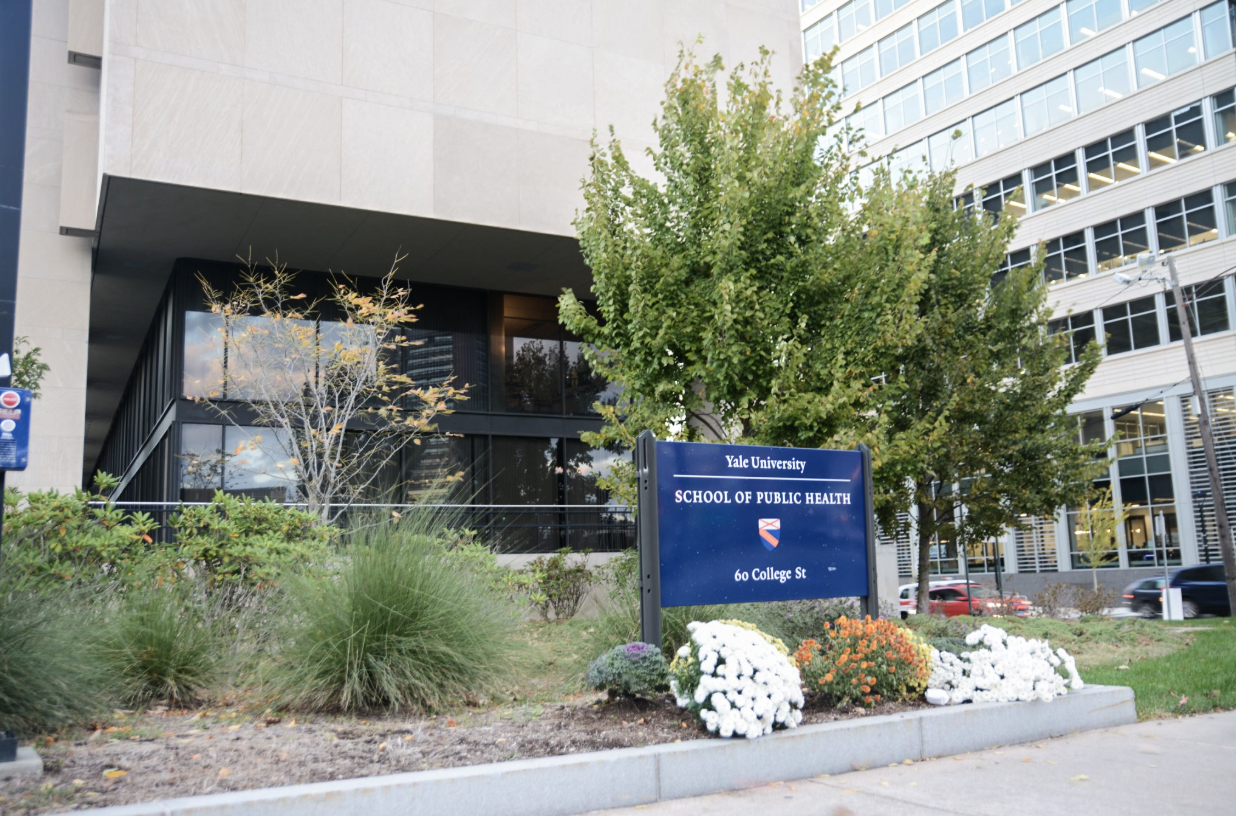
Yale Daily News
Starting this fall, researchers at the Yale School of Public Health will collaborate with the University of Puerto Rico to combat San Juan’s AIDS epidemic.
With grants from the National Institutes of Health, researchers from the two institutions are conducting two projects to combat Puerto Rico’s pressing problems with HIV as part of the federal government’s Ending the HIV Epidemic initiative.
The universities will collaborate to gauge the feasibility of providing self-test kits to people whose partners are living with HIV with in order to increase treatment rates. The second will study how to adapt and disseminate education materials for the “Undetectable = untransmittable,” also known as U=U campaign, which promotes messaging that individuals with an undetectable viral load cannot infect their partner.
The researchers discussed “opportunities for developing innovative and effective interventions that could affect the course of HIV infection in vulnerable individuals in Puerto Rico,” Yale School of Public Health professor Paul Cleary wrote in an email to the News.
Involving Yale School of Public Health professors Trace Kershaw and Cleary and University of Puerto Rico professors Carmen Zorrilla and Silvia Rabionet, the projects focus on expanding testing, linkage to care and viral suppression in patients with HIV, according to Yale School of Public Health Dean Sten Vermund. Vermund is an infectious disease epidemiologist who has previously researched how to prevent HIV transmission.
The two initiatives will work toward the World Health Organization’s and UNAIDS’s 90-90-90 goal. The objective is that by 2020, 90 percent of all people will know their HIV status, 90 percent of all HIV-infected people will be connected with treatment, and 90 percent of people in such care will have their HIV viral load managed.
Still, researchers anticipate challenges in reaching this goal.
“If this were easy, it would have been done already,” Vermund said. “We understand that whenever you innovate in HIV prevention and care, you’re going to have some unexpected curveballs.”
The researchers are hopeful that the projects will help to destigmatize HIV. University of Puerto Rico health education specialist Marcilyn Colón-Colón hopes the U=U message will empower people living with HIV and also promote adherence to treatment as a means of preventing the spread of HIV.
“We believe the U=U messages hasn’t been used extensively yet in the island,” Colón-Colón said.
As part of the second project, the researchers will collaborate with stakeholders that represent people living with HIV and health service providers in Puerto Rico. They will assess the stakeholders’ efficacy at spreading the U=U information and adapt the U=U message for Puerto Rico specifically.
The capital has made progress combating HIV transmission due to needle sharing. Additionally, in part due to Zorrilla’s work, San Juan has virtually eliminated HIV transmission from mothers to children. Today, gay men in San Juan are more at risk for becoming infected with HIV.
Emerging literature suggests that Hurricane Maria exacerbated the epidemic by limiting access to care, closing hospitals, clinics and pharmacies, and disrupting transportation. Vermund added, however, that the Medical Center at the University of Puerto Rico remained open in the aftermath of the hurricane and provided care to individuals with HIV.
This coming weekend, the researchers will meet in Chicago to discuss the projects, a “baseline experience for future collaborations with Yale,” Colón-Colón said.
The researchers are already looking beyond these initiatives at longer-term solutions according to Vermund. Yale and the University of Puerto Rico currently have a grant pending review by the NIH to fund a cross-national center on AIDS research. The center would be co-located at Yale and in Puerto Rico. The NIH is expected to decide in January whether to approve the grant proposal for the new center. Should it do so, Vermund expects it would strengthen the working relationship between Yale and the University of Puerto Rico, he said.
The HIV death rate in Puerto Rico is almost four times the national U.S. average.
Rose Horowitch | rose.horowitch@yale.edu







